Dylan Tombides’ bright talent cruelly cut short but his legacy will live on
He was a star of Australia’s under-age teams and made his West Ham debut at 18. But Dylan Tombides’ life was cruelly cut short by cancer. Tom Smithies reports on how Tombides’ legacy lives on.
The world was at their feet, young Australian footballers blessed with the talent to stand on the verge of fame and fortune... and then life took a twist that changed their world forever. Tom Smithies opens our series looking back at players whose careers ended all too soon.
In September 2012 Dylan Tombides made his debut for West Ham’s first team, a star in the making.
In a parallel universe, by now he would have played for the Socceroos at the World Cup, and would have done so as a fully fledged EPL star.
His apparently limitless drive and capacity for hard work would have been directed towards a brilliant career with West Ham and Australia, not a gruelling and ultimately fruitless fight against testicular cancer.
In the real world, though, that debut came as he was about to about to embark on high-dose chemotherapy and two stem cell transplants.
Less than two years later, at the age of 20, he was dead.
Tombides died five years ago this week, but his memory lives on.
His mother, Tracy, created and grew the DT38 Foundation, helped by ambassadors including Mile Jedinak to drive awareness of testicular cancer in young males, and campaign to rewrite diagnostic guidelines for doctors inspecting testicular symptoms.
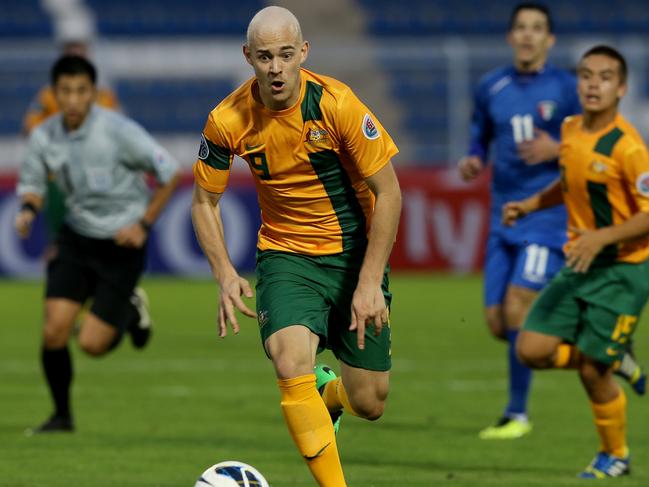
For the sense of lost potential which suffuses Tombides’s story comes not just from the fact his life ended, but how; a lump misdiagnosed by a GP as a cyst, and only revealed to be cancer by a routine drugs test in the aftermath of Tombides playing at the U17 World Cup in 2011.
For Tracy, the pain of loss for her, her husband and Dylan’s brother Taylor remains hard enough without going over in her mind how differently his life, and hers, might have played out.
“The agony never goes away, you learn to make it part of your daily life,” Tracy said. “You learn to turn the darkest moments around to the most treasured memories until your treasured memories out shine your darkest moments.
“Staying curled up in bed was Dylan’s option and he didn’t choose it, so it wasn’t an option for me. I don’t focus on what might have been as it brings such sadness into my life.
“I do know that if Dylan was alive and well that there would have been no stopping him playing football at the highest possible level.
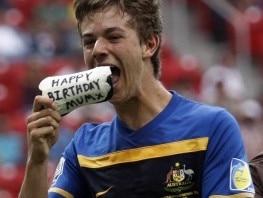
“It is very comforting when I’m around those in the know and reading reports and articles on the impact Dylan would have had with both club and country, had he been still with us today.”
It is an unfortunate cliche that those suffering cancer are invariably described as fighting it, but in Dylan’s case there is no other word.
That’s what Tracy means when she says Dylan refused to curl up in bed. Month after month, for nearly three years, as he went through rounds of chemotherapy and stem cell transplants, Dylan insisted on training as usual at West Ham.
Tony Carr, a hugely influential figure in English football and formerly director of West Ham’s academy, spoke of Dylan’s “attitude for graft and hard work. Through his countless treatments he showed remarkable spirit and determination”.
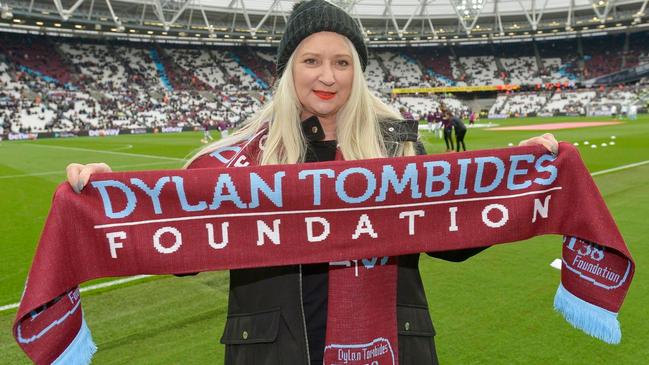
That’s the footballing grief to this story, for multiple judges rated Tombides as a huge talent. The drug test that revealed his cancer came days after he had scored the winner against the Ivory Coast 2011 U17 World Cup.
The treatments, and Dylan’s determination to continue his career, were equally relentless. In September 2012 he made his debut for West Ham’s first team, and two months later had high dose chemotherapy and stem cell transplant twice within eight weeks.
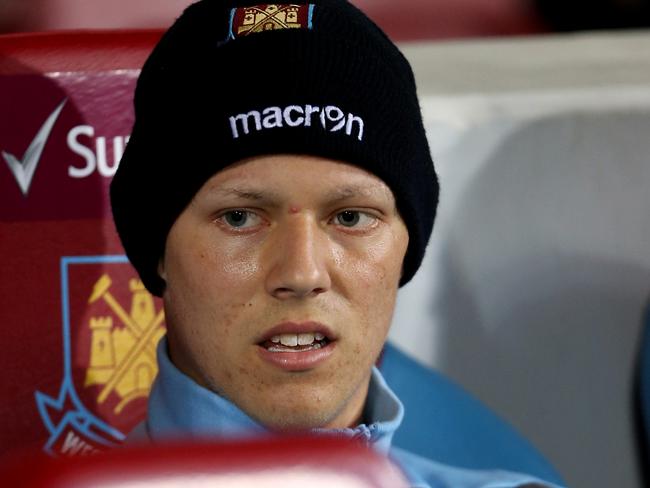
In December 2013 he had three weeks of chemotherapy, and then played for the Olyroos at the Asian U22 Championships in Oman three weeks later, four games in a matter of days.
“Dylan was very determined to take the chance that had been presented to him as a professional footballer with West Ham,” Tracy said. “He was a professional athlete and that is how he wanted to be treated, so he made sure that he acted like one. He didn’t want to be referred to as a cancer patient.
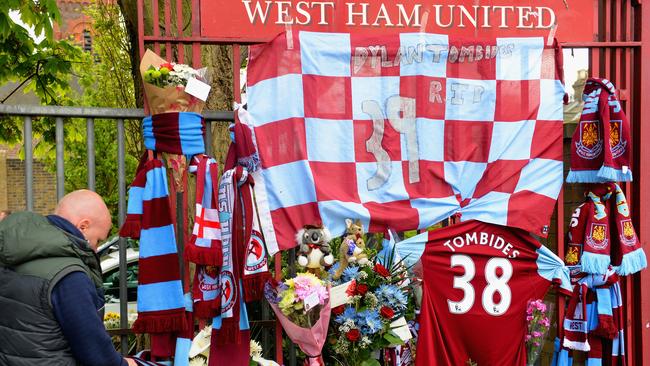
“He allowed the medical staff at West Ham to take precautions and monitor his training and game performances but otherwise he wanted to be treated as a professional athlete and play for his club and his country.
“The club ensured that Dylan had everything at his disposal to fight his diseases and continue to train and play at the highest level. There were periods in his treatment that he couldn’t actively play games and this only spurred him on to fight even harder.”
The extent to which that attitude, and his personality, endeared him to his teammates and his club can be seen even now. One former teammate has Tombides’s name tattooed on his arm, and last month West Ham – who had already retired his No 38 shirt - opened the Dylan Tombides Learning Centre at their Academy headquarters, a set of classrooms for young trainees to pursue their education off the pitch.
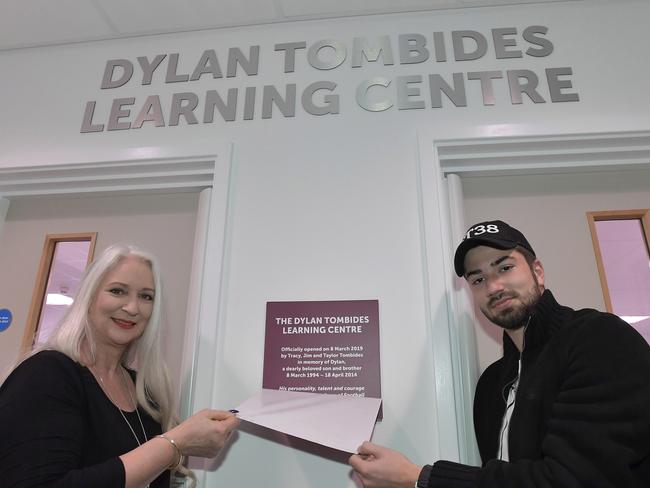
There’s a picture on the wall there of him playing in that U22 Championship, his hair gone from the chemotherapy. On his return to the UK from the tournament, he was told the cancer had become incurable, and less than three months later, Dylan died.
His legacy, though, has grown exponentially, thanks to the work of the DT38 Foundation in developing schools programs, including a picture book for young children, and awareness campaigns around testicular cancer and men’s health.
“I know that Dylan would have been overwhelmed by his memory having such a profound impact on men’s lives,” Tracy said.
“I know that he would be proud the work the foundation is doing both in Australia and United Kingdom. He would be so honoured and humbled at the same time of the impact that his short live has had on so many people and the way the beloved club, West Ham, has remembered him.”


